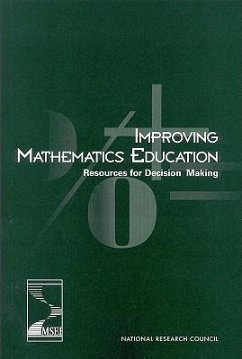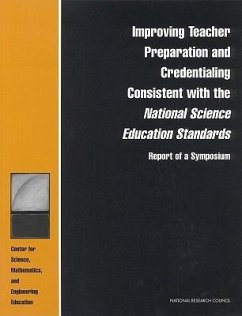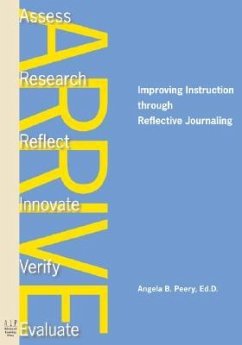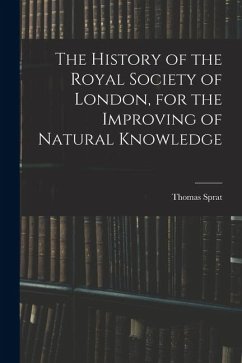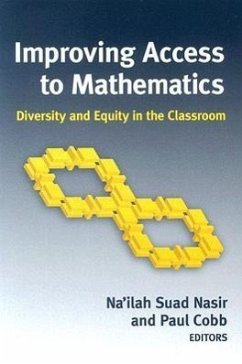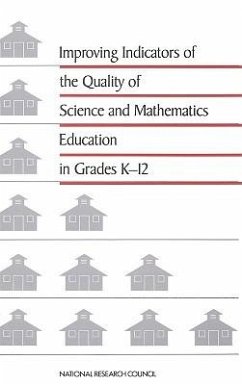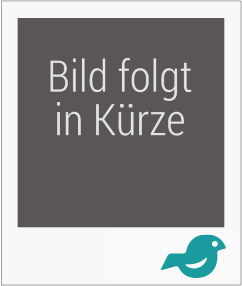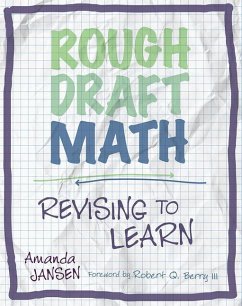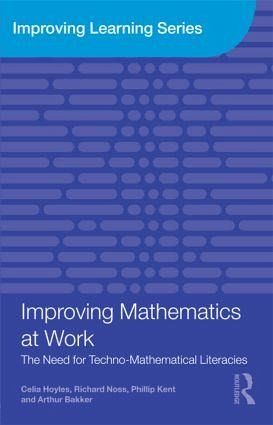
Improving Mathematics at Work
The Need for Techno-Mathematical Literacies
Versandkostenfrei!
Versandfertig in über 4 Wochen
56,99 €
inkl. MwSt.
Weitere Ausgaben:

PAYBACK Punkte
28 °P sammeln!
This book argues that there has been a radical shift in the nature of mathematical skills required for work -which has still not been fully recognised by either the formal education system or by employers and managers.





